DCEP 240KW DC EV Charging Station
DC Fast Electric Charging Stations for 60KW 120KW 160KW 240KW Manufacturer
Several precautions are integrated into the charging station to protect you, your vehicle, and the environment. Input over/under voltage protection, output over/under voltage protection, output over current protection, insulation detection protection, battery reverse connection protection, short circuit protection, charging pile over-temperature protection, charging gun over-temperature protection, and access control protection are all included.
View More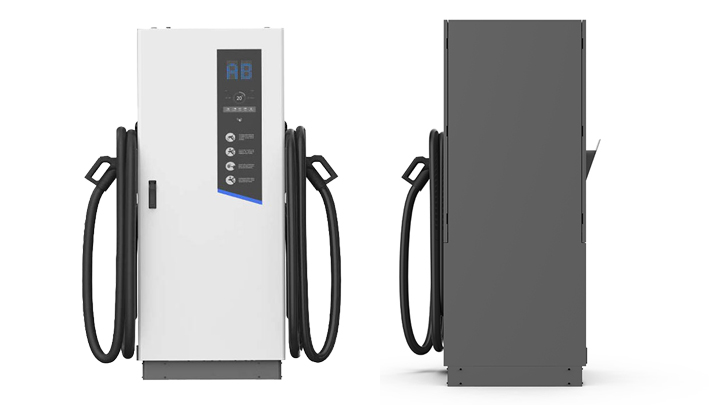
48V 100Ah Lithium Battery for domestic and commercial solar energy storage
ExtantPower Arrow 4.8kWh Lithium Solar Battery with LCD Touchscreen
ExtantPower, a world-renowned company specializing in solar power technology, intelligent transportation systems and energy storage solutions, is proud to announce the release of its newest innovation: the ExtantPower Arrow 4.8kWh Lithium Solar Battery with LCD Touchscreen.
View More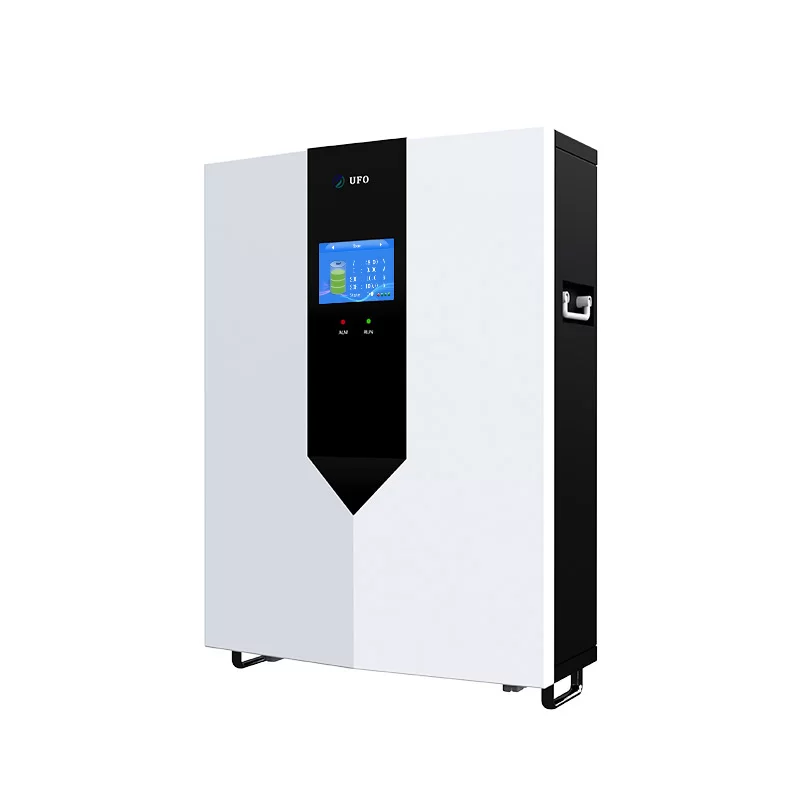
48V 100Ah LiFePO4 Battery Pack
ExtantPower Curve Wall Mounted Solar Battery LiFePO4 Battery
ExtantPower Curve is a wall-mounted LiFePO4 battery for energy storage that provides remote control of the LiFePO4 battery and helps monitor the status of the LiFePO4 battery with its built-in smart microchip. With a high energy density, this solid state Lithium Ion has a capacity factor of >99% and can be installed on rooftops, balconies or gutters.
View More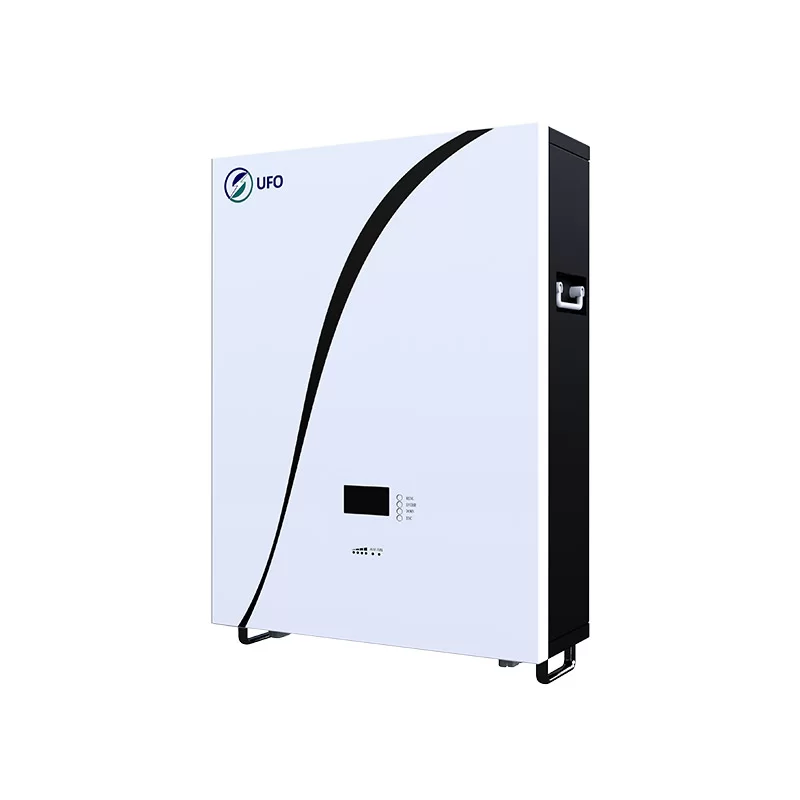
48V Wall Mounted LiFePO4 Battery
ExtantPower 48V Snow White Solar LiFePO4 Battery
ExtantPower’s 48V Snow White Solar LiFePO4 Battery Power Wall Storage System is a state-of-the-art battery system that’s great for those who want to make their houses eco-friendly by going off-grid. It’s a must-have for all households trying to go 100% green.
View More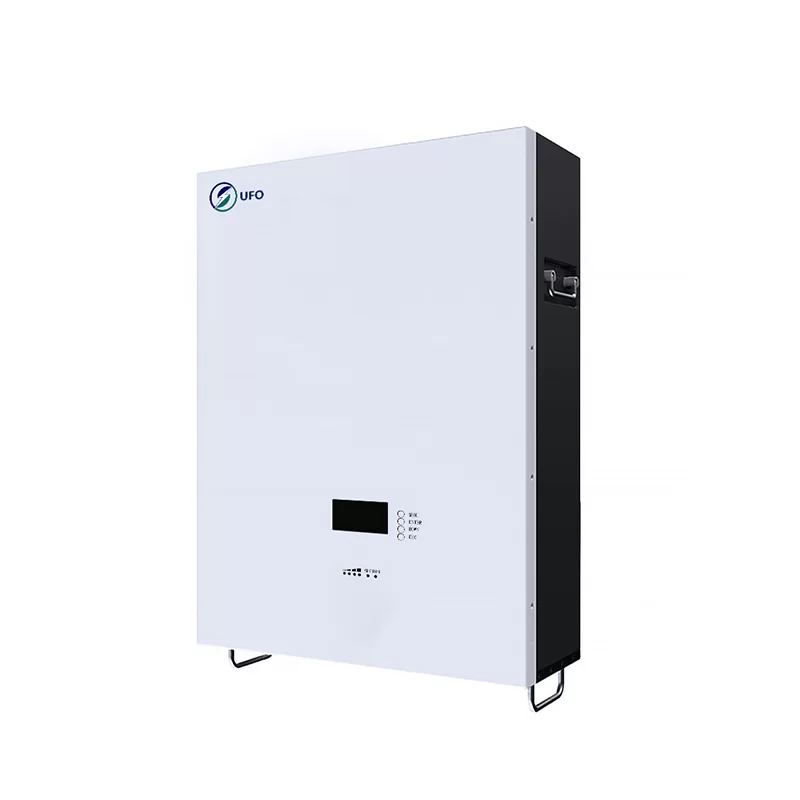
U-4860-O
ExtantPower 10kwh Lithium Battery Wall Mount Home Energy
ExtantPower 10kwh Lithium Battery Wall Mount Home Energy is a perfect and renewable way to generate, store, and release energy. The system is easy to install and makes the battery bank seem like it is not there. It has an LED light that makes the battery bank seem like it's not there and can be safely mounted on your wall. ExtantPower offers a 10kwh lithium battery for a home energy storage system to serve you with high performance and cost effectiveness.
View More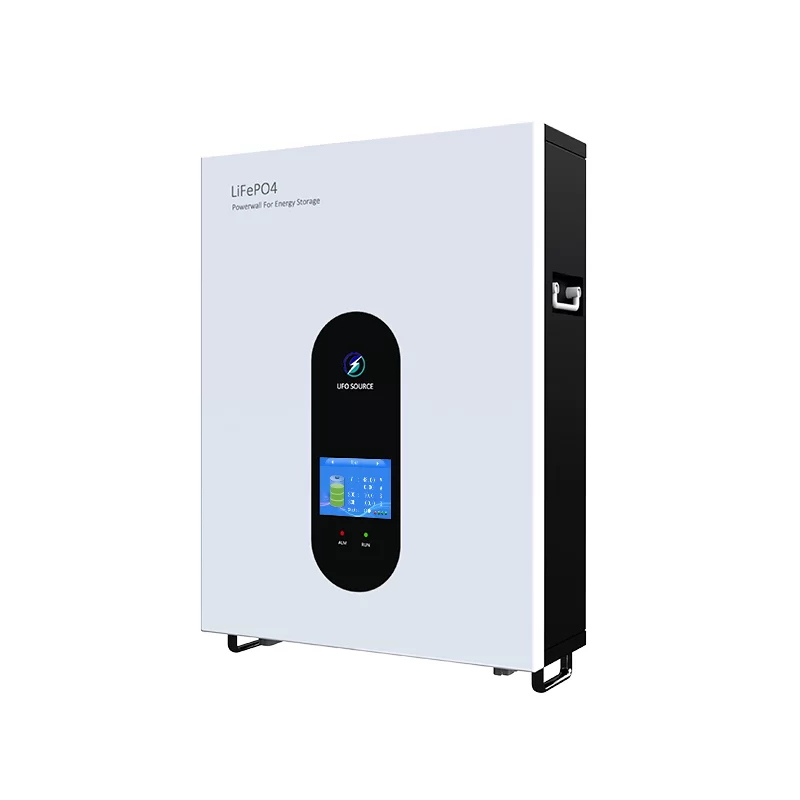
ExtantPower F-Series/FU-Series Hybrid | Off-Grid Energy Storage System
ExtantPower Wall Mounted Sky Blue Solar Battery LiFePO4 Battery
ExtantPower Wall Mounted Sky Blue Solar Battery LiFePO4 Battery Power Wall Storage System is an innovative product that can help users save money and the environment at the same time.
View More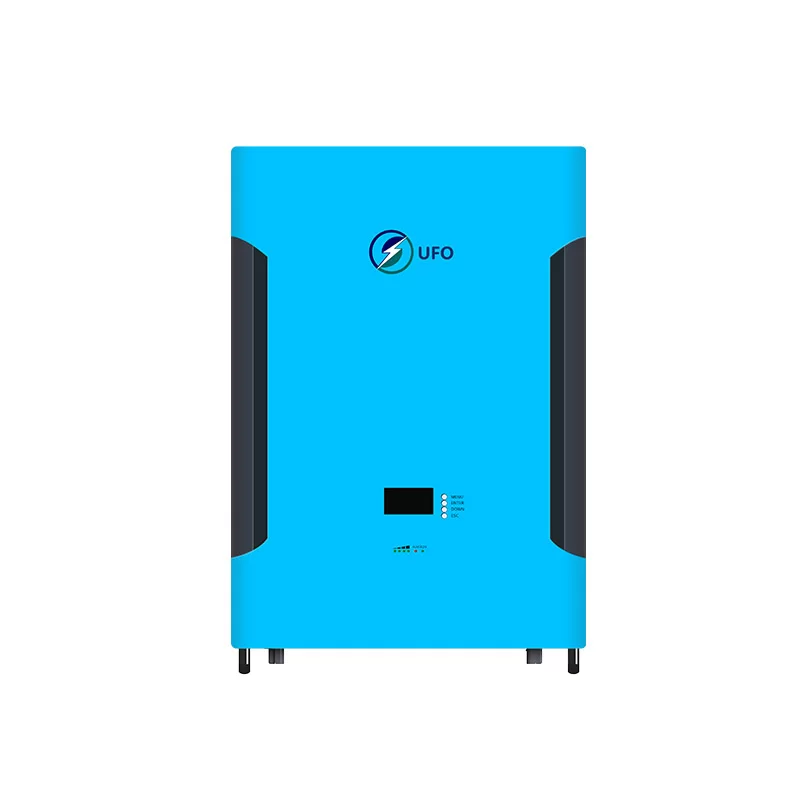
What is solar battery storage?
Energy storage systems consisting of batteries and solar panels are often used in residences and commercial buildings. The stored electricity is consumed after sundown, during power demand peaks, or during a power outage.
Solar Battery Storage: What Is It and How Does It Work?
A battery storage system is a device that stores energy from the sun and releases it at night to power your home or business. This technology has been around since the 1800s, but it only became commercially viable in the last few years. Today, residential solar battery storage systems are growing in popularity as they become more affordable and efficient than ever before.
How Does Solar Battery Storage Work?
A solar battery storage system consists of two parts — an inverter and a battery pack. The inverter converts direct current (DC) into alternating current (AC), which powers your appliances, lights and other devices. When there is no sunlight available, the inverter uses power from the battery to continue supplying AC power to your home or business during peak times when electricity rates are higher than normal — such as late evening hours when everyone comes home from work and turns on their lights and appliances at once! Your solar panels generate DC power during daylight hours when sunlight
Pros of solar battery storage
Solar battery storage, often referred to as energy storage, is an increasingly popular way for consumers and businesses to save money on their electricity bills.
The benefits of solar battery storage include:
1) Battery Backup In Case of A Blackout.
2) Increased Self-Reliance On Your Solar System.
3) Load shifting For Commercial Energy Storage.
4) Save More on Your Energy Bills By Storing the Power.
5) Reduce Your Carbon Footprint.
6) Energy Trading or VPP Programs.
7) Become Part of the Smart Grid Revolution
Solar battery storage can save you money
Solar batteries are one of the most exciting new developments in the solar industry. They allow you to store excess energy produced by your solar panels, giving you a way to save money by reducing your dependence on the grid.
Installing a solar battery with net metering allows you to store the excess energy produced during the day for use during peak hours. You can resell the extra electricity to the utility, which allows you to retain its value instead of having it wasted when exported back to the grid. This lowers your energy costs during peak hours, offsetting their higher prices.
However, there are some drawbacks and limitations to consider when looking at installing a solar battery system in your home or business:
Cost – Solar batteries can be expensive to install and maintain. A typical residential-sized battery costs about $5,000 for an 8 kWh battery and $6,500 for a 12 kWh battery (as of 2016). Homeowners with higher than average electricity usage may find that they pay less per kilowatt hour over time than other homeowners who have lower usage rates but don’t use their solar panels as much due to weather conditions or other factors
Lack of Maintenance – If you don’t maintain your batteries properly, they can lose efficiency over time and stop working properly altogether. Batteries also require
Solar battery storage can help the environment
How Do Solar Panels and Battery Storage Help the Environment?
When we transition to renewable energy sources like solar power, we can help reverse the devastating effects of GHGs on the environment and air quality. Solar energy is emissions-free and could significantly reduce air pollution caused by greenhouse gases.
Solar-powered homes also use less electricity than those that rely on the grid for energy. This means they use less coal and natural gas to generate electricity. In addition, solar panels don’t produce any toxic waste during manufacturing or disposal. They can be recycled like other materials such as aluminum cans or glass bottles.
Solar battery storage can provide backup power
Having battery storage does not mean that you are off the grid. Batteries do not generate power, they need to be charged either by PG&E’s grid or by home solar systems, and most customers need grid power to produce enough electricity to support their typical electricity needs.
If there is a power outage, the batteries can provide backup power until the utility’s grid comes back online.
With battery storage, a solar customer can reduce his or her reliance on the utility’s electric grid, which means less reliance on fossil fuels like natural gas and coal.
Solar battery storage requires maintenance
Solar battery storage is a great investment for your home or business, but there are some important maintenance tips to keep in mind.
Battery terminals need to be regularly cleaned with a mixture of baking soda and distilled water using a battery terminal cleaner brush. Afterward rinse the terminals with water, ensure that all connections are tight and coat the metal components with a commercial sealant or a high temperature grease.
When it comes time to charge your batteries, check to make sure they are fully charged before disconnecting from the solar panels. You can use an ammeter to measure how much current is being pulled out of your batteries by checking how much power is being used at any given time. If you see that your batteries are getting low, then you should charge them as soon as possible so they don’t lose power while disconnected from solar panels.
Solar battery storage can take up space
When you install a home battery, what you are really doing is providing your home with a backup energy reserve in the case of an outage.
Home batteries can store electricity and deliver it to your home appliances and devices, even during short or long-term outages or in areas with Time-of-Use (TOU) rates that make electricity more expensive during peak use hours.
However, not all homeowners are ready to make the investment in a residential storage system just yet. For those who want to take advantage of some of these benefits without making the commitment, there are other options available on the market that might be right for your situation.
Solar battery storage can be expensive
If you’ve been looking to install a solar panel system recently, you’ve probably come across the topic of solar batteries. Despite the fact that battery systems are becoming increasingly popular, many homeowners still don’t know a lot about them.
Solar batteries let you store the energy generated by your solar panels for later use. Creating a hybrid solar system, pairing your solar panels with solar batteries, comes with several advantages, including reliable backup power and independence from your utility.
How does it work?
When you install a solar panel system, whether it be for residential or commercial purposes, you can opt to add a battery system to store the energy generated by your panels. The main purpose of this storage system is to allow you to use this electricity at night or on cloudy days when there isn’t enough sun for your panels to generate power. This lets you have access to electricity even when the grid goes down or when it might not be economically feasible for utilities companies like Con Edison or National Grid to provide electricity.
What type of battery should I buy?
There are many different types of batteries available today but there are two main categories: lithium-ion batteries and lead
Cons of solar battery storage
Solar batteries store the excess electrical energy that solar panels produce. Solar batteries provide steady power backup during periods of outages or after sunset, and they can be used in conjunction with a new solar power system or an existing one. Not every solar provider offers batteries with its systems, but there are many reasons to consider adding or using them. This guide covers everything you need to know about solar batteries and their pros and cons.
Pros:
Offers backup power during blackouts or extended periods of no sunlight
Can be installed on existing solar panels for extra capacity
Cons:
Batteries are expensive and require maintenance
